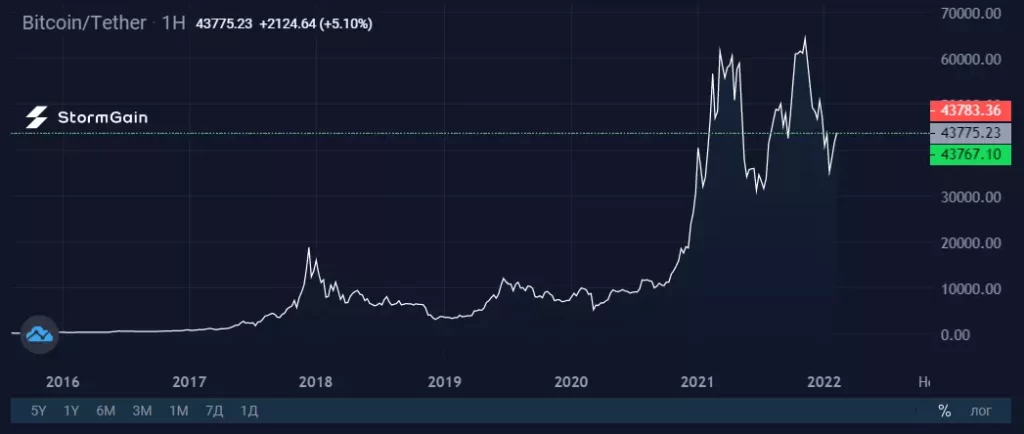Cryptocurrencies are often credited with the super anonymity used by scammers all over the world. In fact, most networks, including Bitcoin, keep a complete history of transactions. This allows investigators to unwind even the most confusing trail of thousands of transactions and dozens of accounts.
The other day it became known about the arrest of a married couple from the United States – Ilya Lichtenstein and Heather Morgan, who is charged with fraud, a crime against the United States, and laundering of illegally obtained funds. The Department of Justice has already carried out the largest confiscation in its history, seizing ₿94,000 worth of $4.1 billion left from the Bitfinex hack.
Bitfinex was hacked in 2016: after making 2,000 transactions to an external wallet 1CGA4s5…, the hackers managed to steal ₿119,754, which at that time was $71 million. on various crypto exchanges under fictitious names or with the participation of fictitious persons.
To hide the history of transactions, Lichtenstein and Morgan carried out transfers from account to account, often resorting to coins with increased anonymity, in particular, Monero. But, as is usually the case, breadcrumbs were left everywhere. So, when creating accounts on one of the cryptocurrency exchanges (VCE1), scammers registered similar e-mail addresses using the same provider from India. After the exchange requested additional documents, Ilya and Heather stopped communicating, as a result of which 18 accounts with a total deposit of $186,000 were frozen.
Due to the stylistic similarity of the accounts, the investigators went through the chain of transactions of each of them, establishing a relationship. Several of them led to accounts in the name LICHTENSTEIN of the US cryptocurrency exchange (VCE5), which opened back in 2015.

